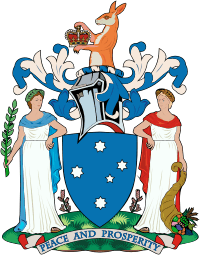What is the key to the problem facing our politics at present?
Why do we have governments informed by an ideological commitment to laissez-faire economics, even if unprofitable companies have to be propped up at the taxpayer's expense?
Why does this occur in the face of a social consensus which still backs the welfare state at the deepest level?
I think the key to our political problems lies in a simple formulation: if it is good policy that makes sense and can be demonstrated to have positive social effects, then it must be subjugated to the needs of laissez-faire economic ideology. In short, if it's any good at all, gouge it down to the dying breath. Throttle it before anyone can suggest that it might be worth pursuing.
At the bottom of our politics there is a terrible muddle, which is summarized by my questions above. Our politics is based on the notion of a welfare state, whether it involves paying middle-class couples to have children or electricity companies to cease burning coal. Actually, these are examples of how a basically good idea has been debased in the name of supporting a free market. It is this willful debasement of a strong social consensus that shows how the state of Australian politics has landed in the current rotten mess. We believe ourselves to be the land of the fair go, and the instrument to ensure that happens is the government. If you doubt me, just read any of the recent histories of state and federal government in Australia.
Why this aversion to government as a force for social good?
Why is the good of private enterprise favoured above social good?
These are the questions I am pondering in the race to 27 November.

No comments:
Post a Comment